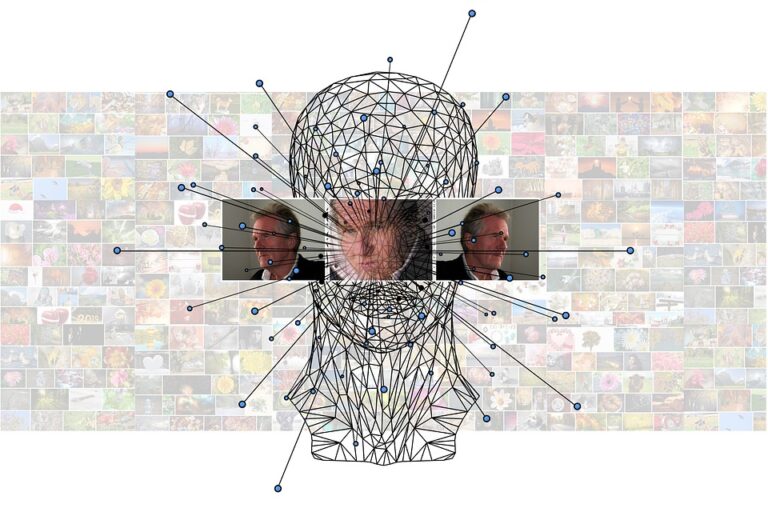Unleashing the Power of Machine Learning: Transforming Industries and Enhancing Decision-Making
In today’s fast-paced digital world, businesses are constantly seeking innovative solutions to streamline processes and improve outcomes. Among these solutions, machine learning has emerged as a game-changer, transforming industries and enhancing decision-making. This article explores how machine learning is not only revolutionizing various sectors but also empowering organizations to harness data effectively for optimal decisions.
Understanding Machine Learning
What is Machine Learning?
Machine learning is a subset of artificial intelligence (AI) that enables systems to learn and improve from experience without being explicitly programmed. By analyzing vast amounts of data, machine learning algorithms identify patterns, predict outcomes, and adapt over time, making them invaluable for businesses seeking data-driven strategies.
Industry Trends and Statistics
According to a recent report by McKinsey, approximately 50% of companies have adopted machine learning in some form as of 2023. This growing trend indicates a significant shift towards automated solutions that enhance operational efficiency. Moreover, the international market for machine learning is expected to reach $809.2 billion by 2029, growing at a compound annual growth rate (CAGR) of 38.8% from 2022 to 2029, highlighting the increasing reliance on machine learning across sectors.
Transforming Industries with Machine Learning
Healthcare
In healthcare, machine learning assists in diagnostics and patient care. By analyzing medical images and patient records, algorithms can predict diseases, personalize treatment plans, and identify potential health risks. For instance, Google’s DeepMind has developed a system that can detect over 50 eye diseases as accurately as a human ophthalmologist by analyzing retinal scans, significantly improving diagnostic speed and accuracy.
Finance
In the finance sector, machine learning is used for fraud detection, risk assessment, and algorithmic trading. Financial institutions leverage predictive analytics to analyze transaction patterns, helping to flag unusual activities that may indicate fraud. A notable example is PayPal’s machine learning algorithms, which analyze billions of transactions per day to prevent fraudulent activities with remarkably high accuracy.
Retail
Retailers are increasingly adopting machine learning for inventory management and personalized marketing. Companies like Amazon use machine learning algorithms to analyze consumer behavior, optimize stock levels, and recommend products. This not only enhances the customer experience but also improves operational efficiency.
Enhancing Decision-Making
Data-Driven Insights
One of the most significant advantages of machine learning is its ability to extract valuable insights from massive datasets. By utilizing predictive analytics, organizations can identify trends and forecast future outcomes, which aids in informed decision-making.
Real-Time Analytics
Machine learning allows businesses to analyze data in real time, providing immediate insights that can influence strategic decisions. For example, in the logistics sector, companies can use real-time data to optimize delivery routes, reduce costs, and improve service levels.
The Future of Machine Learning
As the technology continues to evolve, the potential applications of machine learning will expand. With advancements in natural language processing and computer vision, industries will see further enhancements in automation and efficiency. Companies that invest in machine learning and adapt to its capabilities will likely gain a competitive edge in their respective markets.
Conclusion
In conclusion, machine learning is undeniably transforming industries and enhancing decision-making processes. By harnessing the power of data and predictive analytics, organizations can optimize operations, reduce costs, and improve customer experiences.
As businesses look to the future, incorporating machine learning will be crucial for maintaining relevance and achieving growth in an increasingly competitive landscape.
For further insights, check out our articles on The Impact of AI on Business Strategies and Emerging Technologies Shaping the Future. For a more extensive understanding of machine learning applications, explore McKinsey’s Insights on Machine Learning.
Suggested Multimedia
- Image 1: A graphic showing the machine learning process, featuring the keyword "machine learning" in the title.
- Image 2: An infographic highlighting industries transformed by machine learning, again using "machine learning" as the alt text.
By understanding and embracing machine learning, businesses can navigate the complexities of the modern economy and transform their operations for future success.


